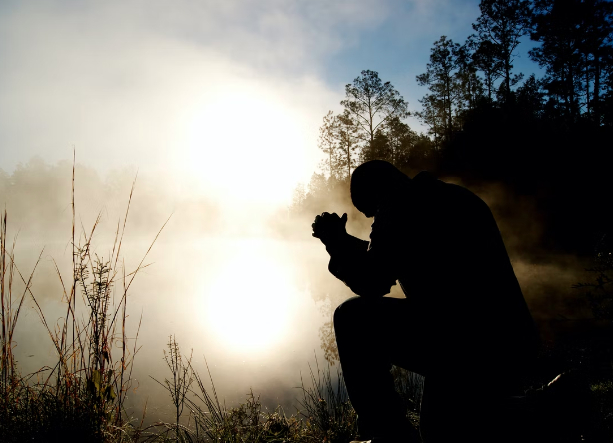Spirituality has been important to humans for as long as we have been recording and describing history.
For example:
People pray, attend religious services, read religious texts, meditate, do yoga, etc.
There are all kinds of ways to develop a deeper sense of spirituality.
For some humans, spirituality is more of an afterthought.
But for others, it’s a high priority.
For some reason, humans seem to have a deep and profound desire to seek out and extrapolate spiritual experiences from everyday life.
So, is it possible that this has a positive overall effect on our health and wellness?
Or is it possible to skip spirituality without negating any potential health and wellness benefits?
This is a good question.
Let’s break it down.
Spirituality And Health And Wellness
Spirituality actually does benefit humans.
Spirituality has been shown to provide a number of interesting benefits.
For example, here’s a quote from a paper called The role of spirituality in health care that was published on the National Library of Medicine’s website.
“Patients who are spiritual may utilize their beliefs in coping with illness, pain, and life stresses. Some studies indicate that those who are spiritual tend to have a more positive outlook and a better quality of life. For example, patients with advanced cancer who found comfort from their religious and spiritual beliefs were more satisfied with their lives, were happier, and had less pain. Spirituality is an essential part of the “existential domain” measured in quality-of-life scores. Positive reports on those measures—a meaningful personal existence, fulfillment of life goals, and a feeling that life to that point had been worthwhile— correlated with a good quality of life for patients with advanced disease.”
A lot of people find respite from anxiety, depression, and other negative emotions within their spiritual practices. Some people see spirituality as a form of meditation, which helps them to develop a deeper sense of self-awareness.
Other people use spirituality as a tool for increasing their own self-worth and perception of inner value.
These are certainly significant benefits.
It’s true that not everyone has a religious belief.
But it’s also true that religion and spirituality do not necessarily always need to go hand in hand.
For example:
Nowadays, it often seems like more and more people are identifying as spiritual, but not religious.
This could be because they’re picking up on the fact that spirituality packs in a lot of benefits for the human psyche that tend to make us happier, reduce negative emotion, and just in general gives us an anchor point for some of our feelings—as well as a method for dealing with the stresses of the unknowns and challenges of everyday life.
So if you’ve been thinking about developing some kind of spiritual practice lately, rest assured that science agrees:
Spirituality definitely correlates with better health and wellness.
And it’s most definitely worth giving it a try, especially if you don’t currently have any kind of spiritual practice and feel that exploring one just may be beneficial.












